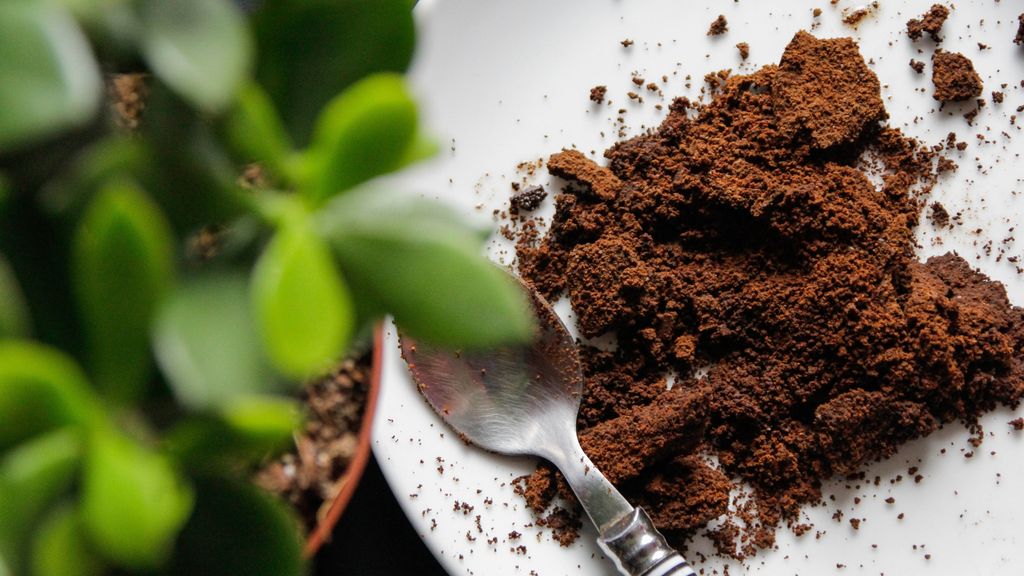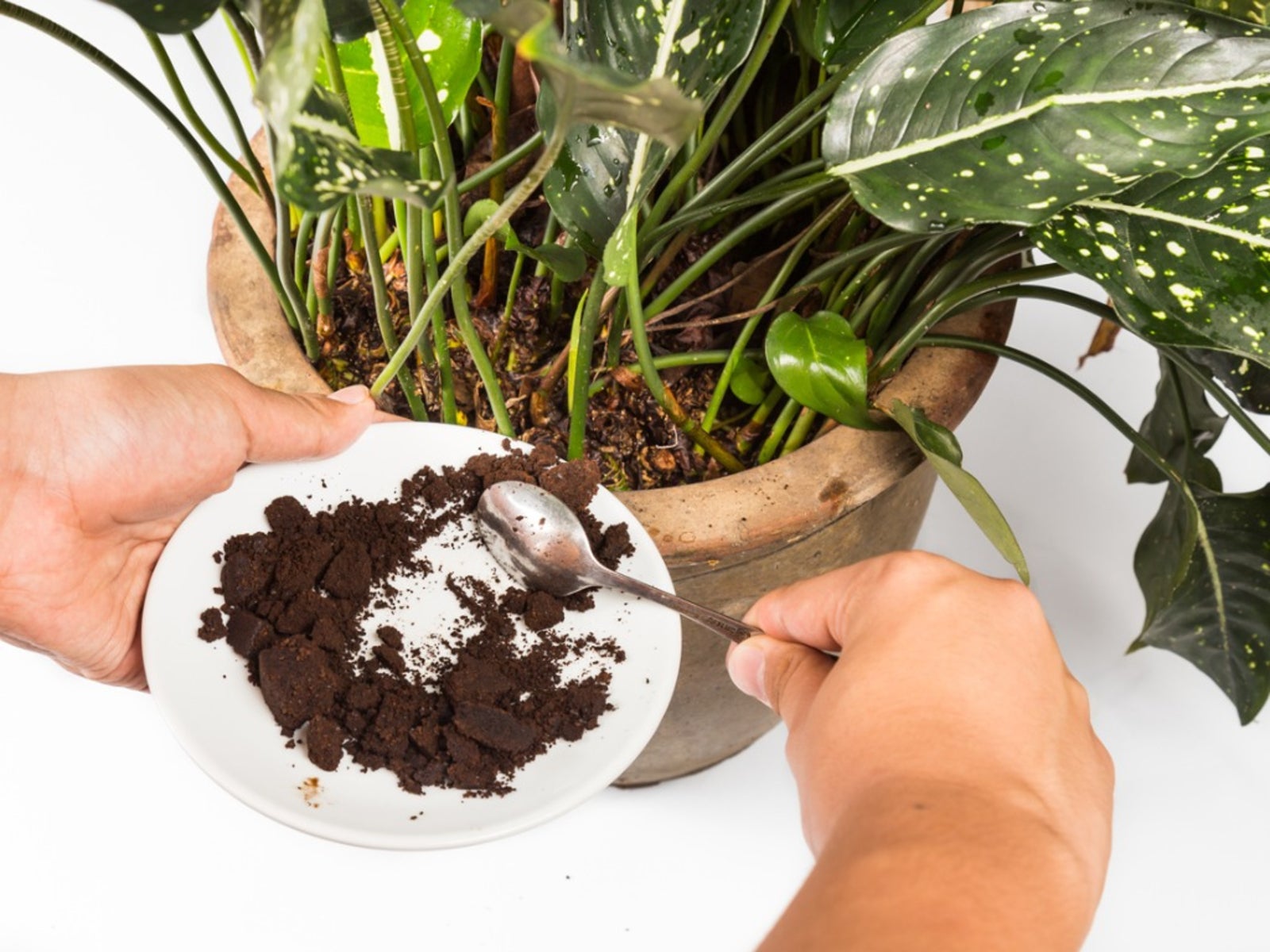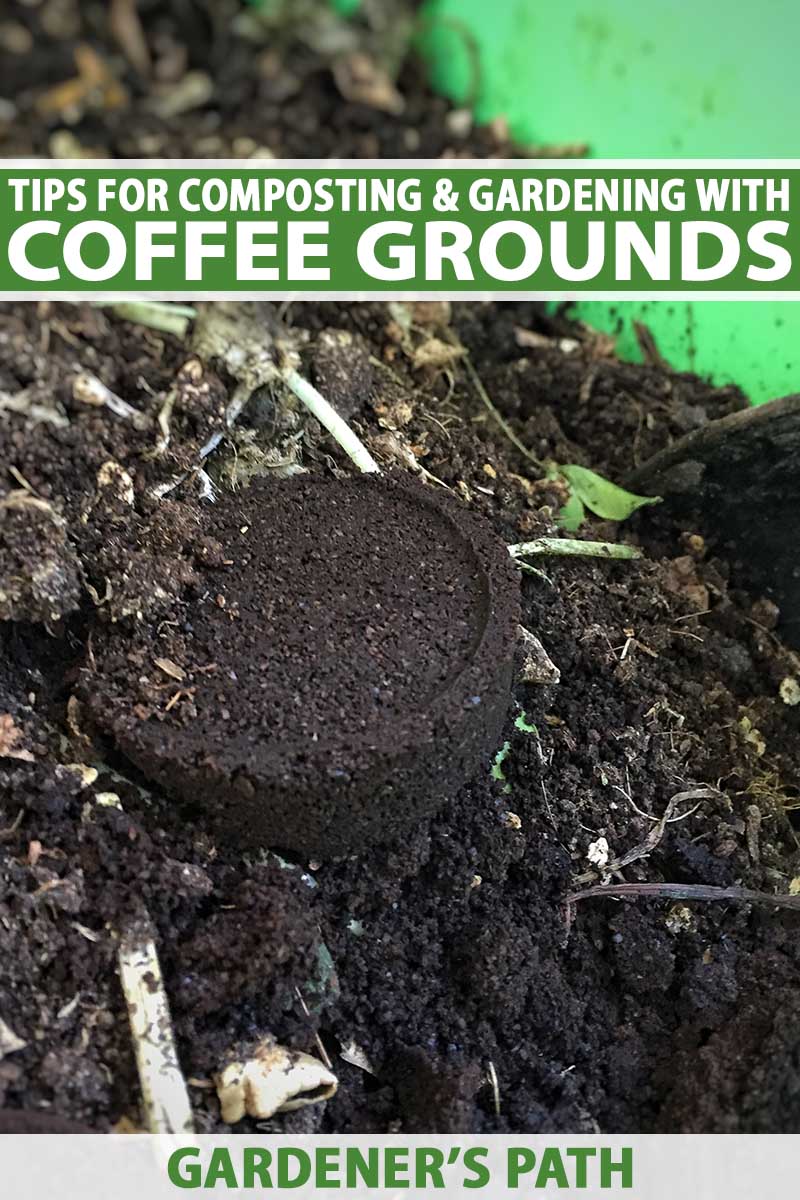Unlocking the Secrets of Coffee Ground Fertilizer
As gardeners increasingly seek out eco-friendly and sustainable practices, the use of coffee grounds as a natural fertilizer has gained significant attention. But are coffee grounds good for plants? The answer lies in their nutrient-rich composition, which makes them an ideal addition to soil. By repurposing coffee grounds, gardeners can reduce waste, promote healthy plant growth, and support environmentally conscious gardening practices. In fact, using coffee grounds as fertilizer has become a popular trend among green-thumbed enthusiasts, and for good reason. Not only do coffee grounds provide essential nutrients, but they also help to improve soil structure, increase the water-holding capacity of soil, and support beneficial microorganisms. As we explore the benefits of coffee grounds as fertilizer, it’s clear that this innovative approach has the potential to revolutionize the way we think about gardening.
How to Harness the Power of Coffee Grounds for Your Plants
To unlock the full potential of coffee grounds as fertilizer, it’s essential to understand the ideal ratio of coffee to soil, the best methods for application, and tips for avoiding over-fertilization. A general rule of thumb is to mix 1 part coffee grounds with 10 parts soil. This ratio allows for a slow release of nutrients, promoting healthy plant growth without overwhelming the soil. When applying coffee grounds, it’s best to mix them into the soil around the base of the plant, rather than using them as a top dressing. This helps to prevent the coffee grounds from forming a crust on the soil surface, which can impede water penetration. Additionally, it’s crucial to avoid over-fertilization, as this can lead to an overabundance of nutrients, potentially harming plants. By following these guidelines, gardeners can harness the power of coffee grounds to create a nutrient-rich environment that supports thriving plant growth.
The Science Behind Coffee Grounds’ Nutrient-Rich Properties
Coffee grounds are rich in nutrients that are essential for plant growth, making them an ideal natural fertilizer. The nutrient composition of coffee grounds includes nitrogen, phosphorus, and potassium, which are vital for promoting healthy plant development. Nitrogen, a key component of amino acids, supports leaf growth and green coloration. Phosphorus, on the other hand, is crucial for root development, flower and fruit production, and overall plant maturation. Potassium helps to regulate water balance, promotes healthy root growth, and enhances overall plant resistance to disease. When added to soil, these nutrients are slowly released, providing a steady supply of nourishment for plants. This slow release of nutrients also helps to improve soil structure, increase the water-holding capacity of soil, and support beneficial microorganisms. As a result, are coffee grounds good for plants? The answer is a resounding yes, as they provide a natural and sustainable way to promote healthy plant growth.
Coffee Grounds vs. Synthetic Fertilizers: A Comparison
When it comes to fertilizing plants, gardeners have a choice between using coffee grounds as a natural fertilizer and synthetic fertilizers. While synthetic fertilizers may provide a quick fix, they can have detrimental effects on the environment and plant health. In contrast, coffee grounds offer a sustainable and eco-friendly alternative. One of the primary advantages of using coffee grounds is their environmental impact. Synthetic fertilizers contribute to water pollution, soil degradation, and climate change, whereas coffee grounds are a waste product that would otherwise end up in landfills. By repurposing coffee grounds as fertilizer, gardeners can reduce waste and support sustainable gardening practices. Additionally, coffee grounds are a cost-effective option, as they are readily available and free. Synthetic fertilizers, on the other hand, can be expensive and may require repeated applications. Furthermore, coffee grounds promote healthy plant growth by providing a slow release of nutrients, whereas synthetic fertilizers can cause an overabundance of nutrients, leading to weakened plant growth. Are coffee grounds good for plants? The answer is a resounding yes, as they offer a natural, sustainable, and cost-effective alternative to synthetic fertilizers.
The Best Plants to Benefit from Coffee Ground Fertilizer
Coffee grounds are a versatile fertilizer that can benefit a wide range of plants. However, some plants respond particularly well to the nutrient-rich properties of coffee grounds. Acid-loving plants, such as azaleas, rhododendrons, and blueberries, thrive in soil with a lower pH level, which coffee grounds can help achieve. The high acidity of coffee grounds also makes them an ideal fertilizer for plants like hydrangeas, which produce blue flowers in acidic soil. Additionally, coffee grounds can improve soil health in specific garden beds, such as those with poor drainage or compacted soil. By incorporating coffee grounds into the soil, gardeners can create a more hospitable environment for plants to grow. Are coffee grounds good for plants? The answer is a resounding yes, especially for plants that require specific soil conditions. For example, coffee grounds can help to increase the growth of tomatoes by providing a slow release of nutrients, promoting healthy root development and fruit production. Similarly, coffee grounds can improve the growth of carrots by loosening compacted soil and providing essential nutrients. By understanding which plants benefit most from coffee ground fertilizer, gardeners can optimize their fertilizer strategy and create a thriving garden.
Common Mistakes to Avoid When Using Coffee Grounds as Fertilizer
While coffee grounds can be a valuable fertilizer for plants, there are some common mistakes to avoid when using them. One of the most critical mistakes is over-fertilization. Coffee grounds are high in nitrogen, and excessive application can lead to an overabundance of nitrogen in the soil, causing more harm than good to plants. To avoid this, it’s essential to use coffee grounds in moderation, mixing them with soil at a ratio of 1 part coffee to 10 parts soil. Another mistake is using coffee grounds that are too fresh. Fresh coffee grounds can be too acidic for plants, so it’s best to let them age for a few days to reduce their acidity. Additionally, failing to mix coffee grounds properly with soil can lead to uneven distribution of nutrients, reducing their effectiveness. Are coffee grounds good for plants? Yes, but only when used correctly. By avoiding these common mistakes, gardeners can unlock the full potential of coffee grounds as a natural fertilizer and reap the benefits of healthier, thriving plants. Furthermore, it’s crucial to note that coffee grounds are not a substitute for proper soil preparation and maintenance. They should be used in conjunction with other sustainable gardening practices to create a balanced and nourishing environment for plants to grow.
The Environmental Impact of Coffee Ground Waste
The staggering amount of coffee grounds that end up in landfills is a pressing environmental concern. In the United States alone, it’s estimated that over 2.25 billion pounds of coffee grounds are discarded each year, contributing to the already overwhelming problem of waste management. By repurposing coffee grounds as fertilizer, gardeners can play a significant role in reducing waste and supporting sustainable gardening practices. Are coffee grounds good for plants? Not only are they beneficial for plant growth, but they also offer a unique opportunity to divert waste from landfills and create a more circular economy. When coffee grounds are sent to landfills, they decompose and release methane, a potent greenhouse gas. By using them as fertilizer, gardeners can reduce their carbon footprint and help mitigate the environmental impact of coffee production. Furthermore, repurposing coffee grounds as fertilizer can also reduce the demand for synthetic fertilizers, which are often manufactured using energy-intensive processes and can contribute to soil degradation. By embracing coffee grounds as a natural fertilizer, gardeners can make a positive impact on the environment and create a more sustainable future for generations to come.
Conclusion: Brewing a Healthier Garden with Coffee Grounds
In conclusion, using coffee grounds as fertilizer is a simple yet effective way to nourish your garden while reducing waste and supporting sustainable gardening practices. By understanding the benefits of coffee grounds, from their nutrient-rich properties to their environmental impact, gardeners can make informed decisions about how to create a healthier, more thriving garden. Are coffee grounds good for plants? The answer is a resounding yes. With their ability to improve soil structure, increase nutrient availability, and support plant growth, coffee grounds are a valuable resource for gardeners of all levels. By incorporating coffee grounds into their gardening routine, gardeners can not only improve the health of their plants but also contribute to a more sustainable future. So, the next time you’re brewing a cup of coffee, remember to save those grounds and give your garden the nourishment it deserves.









